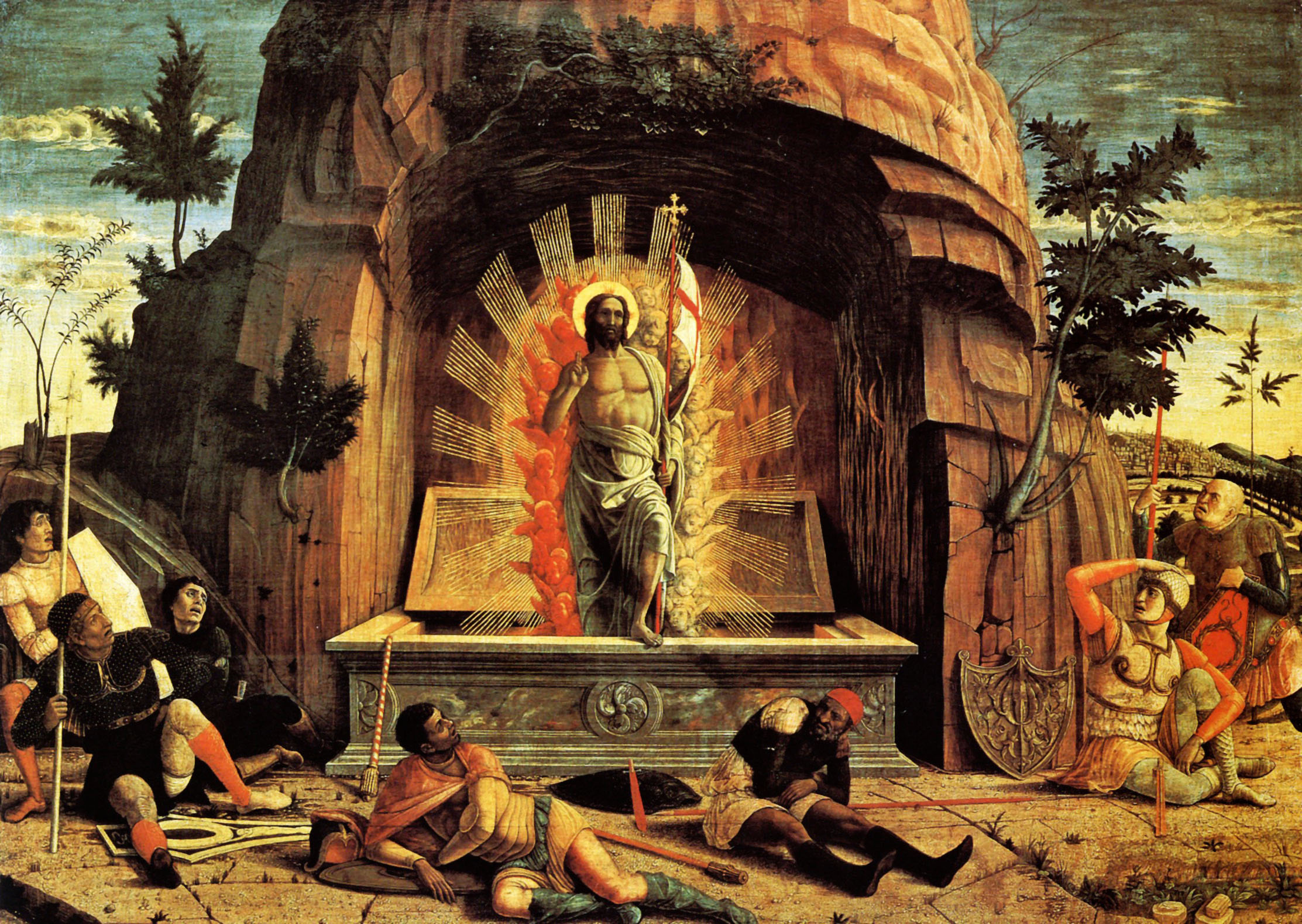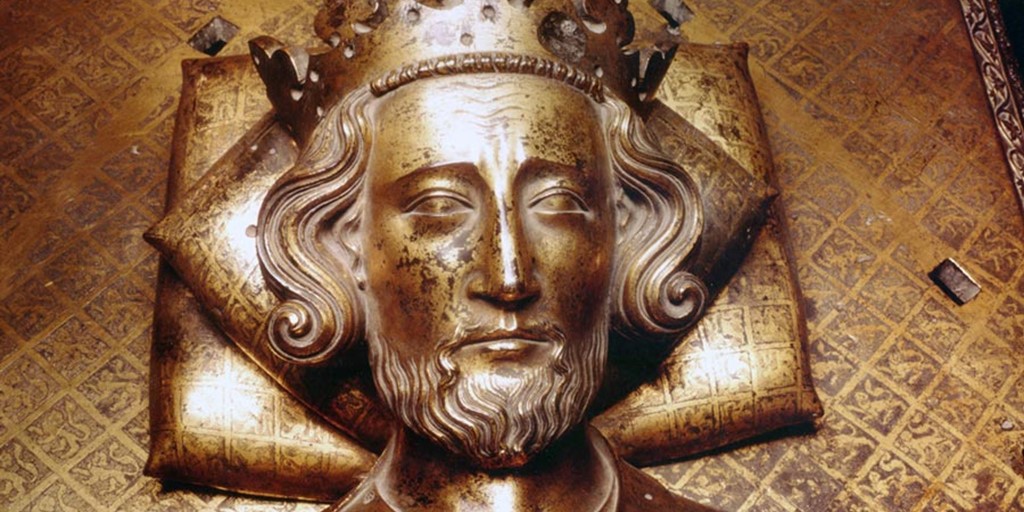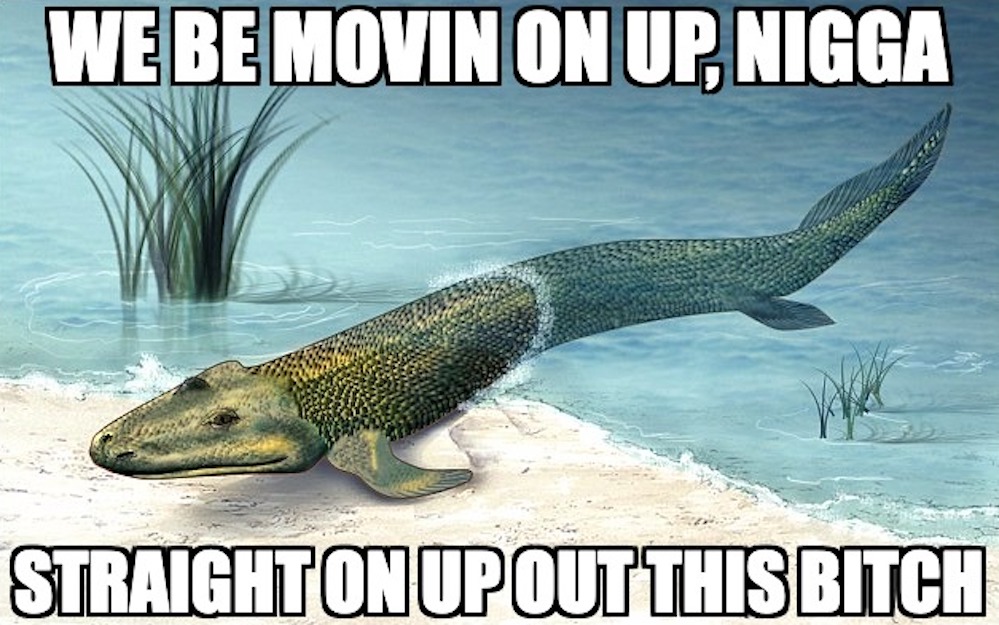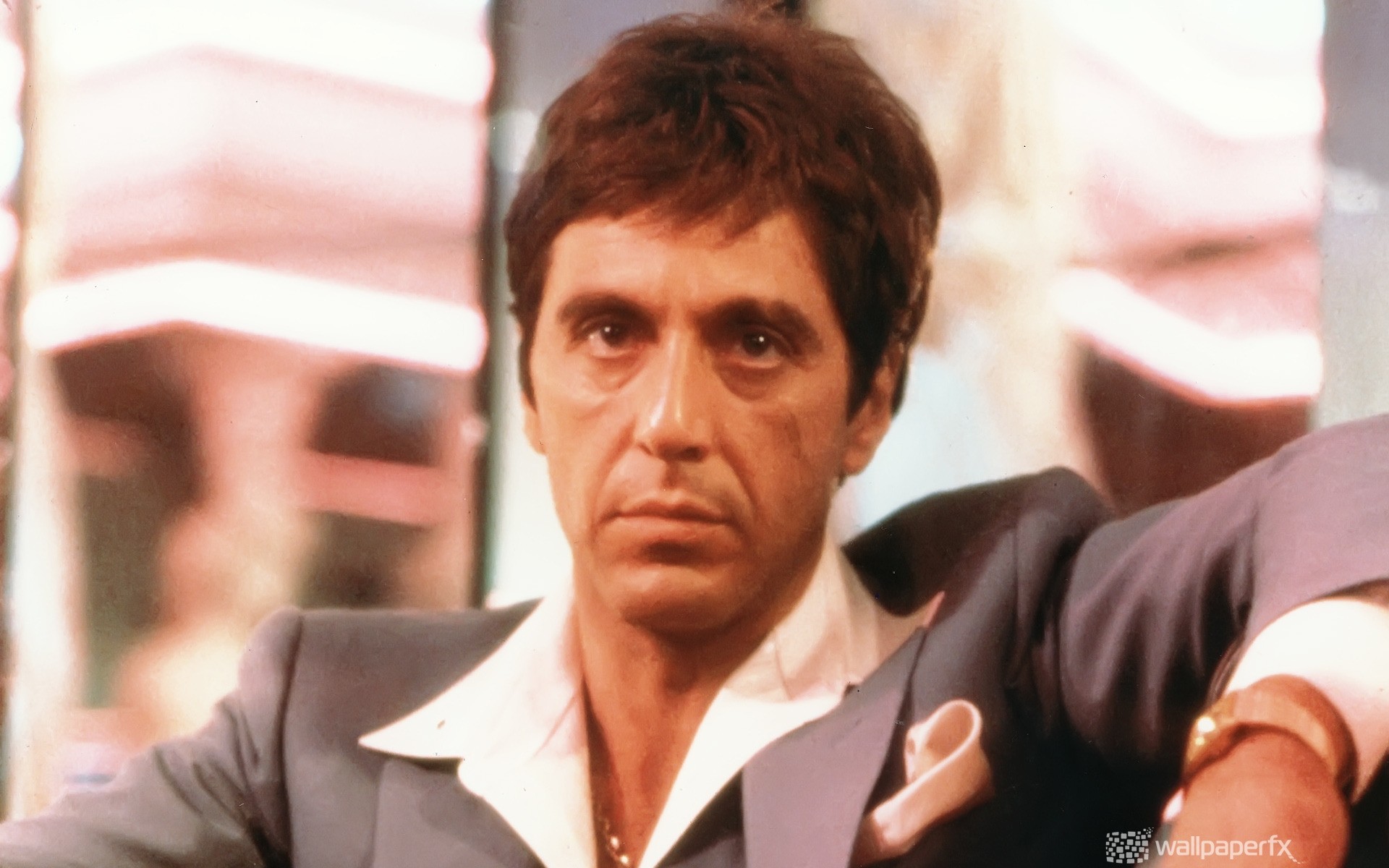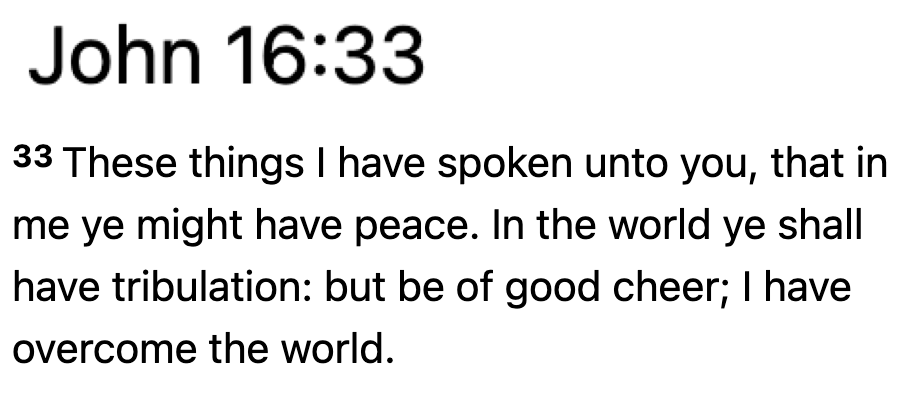The Western world is on the verge of becoming a kind of hell that is impossible to comprehend until you are in the middle of it. It is self-evident that we fragile men, born as we were into a time of unprecedented comfort, are in no ways prepared for this emergent Hellworld.
We have all spent our lives fretting over fashion or the cost of fuel for our traveling machines. Modern man’s choices have involved which decadent sexual imagery he should masturbate to and what brand of packaged food to purchase with our government-issued paper currency. When the games get going in the near future, we will be thrown into a world of violence and hunger, of torture and death.
The fact that all of this was made possible by the fact that Western man has been so domesticated that he’s willing to sacrifice fundamental freedoms in exchange for a promise of protection from a common cold is not a coincidence. A people so weak are always going to be prey for evil.
In order to survive Hellworld, you’re going to have to have something inside of you that is stronger than your pitiful flesh, stronger than the water that makes up your insides. You will reach a point where without faith, you will simply give up and die.
What we must understand is that our lack of faith is a result of our comfort. A man who is able to live his entire life without facing any of the challenges that our ancestors faced is going to have little reason for faith in God, as the impression we receive from our earliest waking experiences is that man controls his environment, and provides safety from any real threats. Men so pampered turn inward, rather than looking towards the skies for guidance. In an environment free of meaningful challenges, people create challenges for themselves – hence divorce, careerism, drug abuse, exaggerated self-pity, existential struggles, and every other artificially-manufactured malaise of modernity. But we all know that the stakes are always low.
Historical peoples dealt with death on a consistent basis. Up until the advent of antibiotics, children died constantly.
Just as an example, consider the children of Edward Longshanks (1239-1307):
- Daughter: 1255 (stillborn)
- Katherine: 1261-1264 (age 3)
- Joan: 1265-1265 (infant)
- John: 1266-1271 (age 5)
- Henry: 1268-1274 (age 6)
- Eleanor: 1269-1298 (age 29)
- Daughter: 1271 (infant)
- Joan: 1272-1307 (age 35)
- Alphonso: 1273-1284 (age 11)
- Margaret: 1275-1333 (age 58)
- Berengaria: 1276-1278 (2)
- Daughter: 1278 (infant)
- Mary: 1279-1332 (53)
- Son: 1281 (infant)
- Elizabeth: 1282-1316 (aged 34)
- Edward: 1284-1327 (age 43)
- Thomas: 1300-1338 (age 38)
- Edmund: 1301-1330 (age 29)
- Eleanor: 1306-1310 (4)
The women who lived into adulthood died often during childbirth, the men violently.
When you can die at any moment, when people around you die regularly, it’s much easier to put your faith in God. You don’t really have any other choice. The day will come when you will cry out for Jesus to save you, and He’s going to hear you a lot better if you’ve already become acquainted with Him.
The general perception is that faith is not something that you choose, but which is bestowed upon you during your childhood, or somehow an aspect of your personality. Like most general perceptions, this is totally wrong. Faith is a choice.
The mysteries of the universe are by their very nature fundamentally unknowable to man. The core untruth of modernity is the belief that finite flesh-sacks have the capacity to understand the infinite. As you can see, the result of this core untruth is things like cutting people’s dicks off to prove they are women – that is to say, the scope of the universe is shrunk down and made “relative” to the experiences and understandings of individual humans, a process of thought which eventually tumbles completely out of control.
Despite the absurdity of the modernist assertion of limitless understanding of the universe, belief in that limitless understanding is a choice. It is a kind of faith. Those who claim to be “atheists” have chosen to believe in the lie of man’s limitless abilities in the same way that Christians choose to believe in Christ.
Understand: none of these things can be confirmed one way or the other. They are by nature completely outside of the scope of human experience. Believing that matter sprang from nothingness, then organized itself into a universe, then some kind of primitive bacteria created itself, and then started transforming into different animals, is no more logical than God creating men from clay. In fact, it is much less logical, given that there are philosophical arguments for a belief in God, whereas there are no legitimate philosophical arguments for human existence having resulted from a totally incomprehensible series of magical and nonsensical coincidences.
While God might be more likely, you ultimately have no way to determine conclusively, through reason or evidence, why the universe exists, or why you exist. Therefore, the only thing you can do is make a choice to believe either that life has meaning or it doesn’t. This is the most important choice you will ever make – by a lot – as it serves as a basis for every decision you will ever make. Refusing to make a decision, or pretending it doesn’t matter, is also making a decision. If you find yourself facing down an oncoming train, you are going to have three decisions: you can move right, you can move left, or you can stand there and get hit.
The choice determines whether you will live a life of meaning, based on seeking out higher purpose in your brief time on this plane, or a life of material indulgence. If there is no God, then there is no reason to make decisions based on anything other than what serves your base material desires. There is nothing more absurd than someone who rejects divinity and fails to embrace decadence. The only explanation for that is pure cowardice, an inability to overcome “slave morality.”
Frankly, an atheist who goes all the way, and behaves as though he is a God, has more of God in him than a coward who believes in nothing and allows fear and social norms to cause him to cower. Anyone who believes in nothing should live like Scarface or Vladimir Lenin. At least then, they are living.
I don’t agree with Nietzsche’s assertion that “God is dead,” but I absolutely agree with his conclusions about how one should live his life if he believes there is no God. I make my decisions based on a belief that I will be judged for my choices after I die. If I didn’t belief that, you’d find me up there next to Bill Gates and Klaus Schwab, maxing it out.
You all have the choice. It is no doubt more difficult for some to choose God, based on upbringing or personality. It’s certainly more difficult to choose God after having gone through some part of your adult life rejecting God. But for everyone, it is a choice: believe in God or yourself, or be a wishy-washy faggot and choose neither.
I would note that saying “I believe in something, but I’m not sure” is simply a version of wishy-washy faggotry. The Bible is true, and we know that because it is what we were given. There is no need for a quest to find a mysterious lost answer to the question of the divine. We are children of God, born of children of God, and the Bible was given to us by God. A person who claims that there is something more than the universe, but that this is vague and unspecific, is simply playing a decadent game in his own brain, with things that should not be played with. He is choosing human understanding over faith. If there is a God, or “something,” but it cannot be grasped in concept, then we are back into the realm of atheism – a belief in the self above all else. God is obvious if you choose faith, and fundamental to that faith is choosing to believe that God is knowable – therefore, the Christian religion.
The process of making the choice is very simple: you just decide, within yourself, that you believe in God. Then, you begin acting in accordance with the way you imagine someone who believes in God would act. That is all. From there, a path will unfold, in which you will be given choices to make based on this belief. It will become obvious to you that these choices are presenting themselves, and you will then begin testing yourself: how strong are you, actually? How much are you willing to sacrifice for higher purpose? How much fear are you willing to push through?
But understand: the choices will be clear. God is not in the business of confusing people. Much, indeed the opposite: He wants these choices to be crystal clear, so that you can decide freely to seek Him, to overcome the world, and to prove you are prepared for what comes after the flesh gives out.
Obviously, difficult decisions exist and will always exist, but not those which relate to the difference between following God and giving into fear or decadence.
The difference between someone who believes in God and someone who doesn’t will become abundantly clear when things get tough. The people who do not believe will crack. They will fail and they will give up and give in. Those who believe in God will grit their teeth and fight.
Starting now is best. Prepare yourself for the things which must certainly come by making peace with God, and thereby making peace with yourself and with the world. Fear, anger, sentimentality, and the rest of the womanly emotions must be sacrificed. You must have clarity of purpose, and this will give you a clear path through the coming storm.
We won’t all make it through. But some of us will.
Either way, we will meet on the other side.
 Daily Stormer The Most Censored Publication in History
Daily Stormer The Most Censored Publication in History
